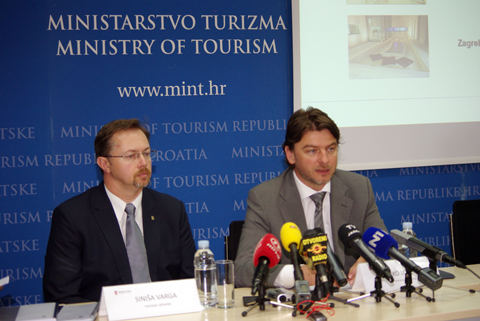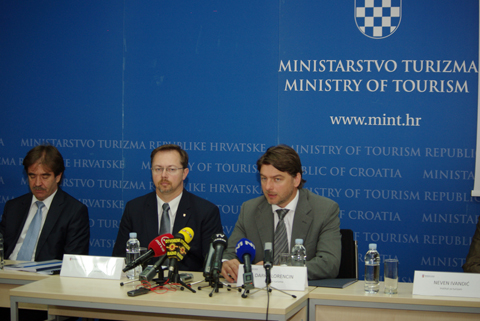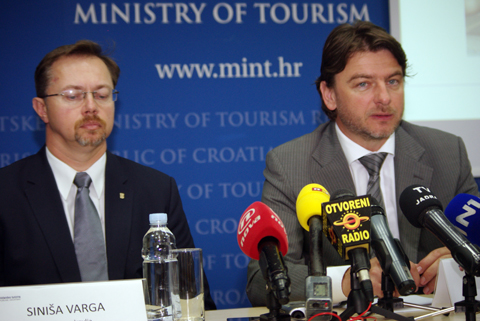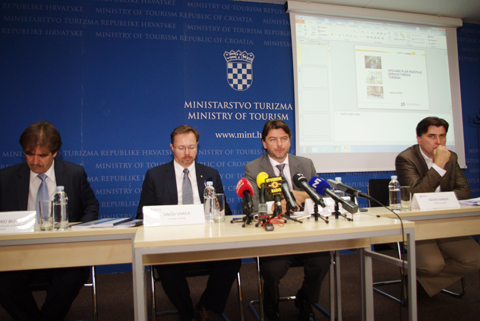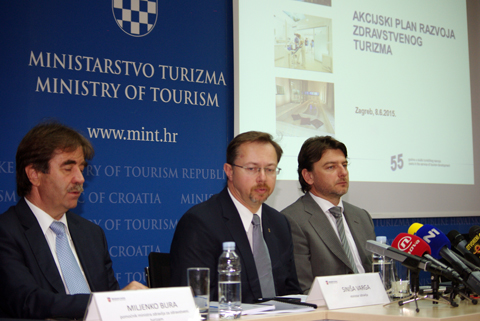Health tourism globally has been recording above-average growth rates primarily because of population ageing, and Croatia, with its qualified staff and quality health services, competitive prices and the proximity of big markets, can achieve significant results in that field, senior officials of the ministries of tourism and health said at a presentation of an action plan for the development of health tourism in the period until 2020. Health Minister Sinisa Varga said that by providing health tourism services the hospital system alone could earn 800 million kuna annually, ten times more than it currently earned.
Even though hospitals already provide services to foreign clients, such as 'gamma knife' services at the KBC Zagreb hospital or transplantation programmes in cooperation with Macedonia, Montenegro and Bosnia and Herzegovina, such programmes should be additionally encouraged and expanded so as to make the most of the available medical equipment, Varga said.
He noted that introducing health tourism would not restrict the availability of public health services for citizens, but that rather it would help make the most of the currently underused capacity of medical equipment and professionals. "All the income from such services will go into new facilities, energy efficiency, new equipment and additional training for health professionals, which citizens will benefit from as well," said Varga.
Tourism Minister Darko Lorencin said that the purpose of the action plan was to make the national health tourism industry internationally recognised for high quality and more competitive services.
Assistant Health Minister Miljenko Bura said that legislation on healthcare was being amended to facilitate the development of health tourism at health farms and special hospitals which so far had not provided commercial services. Bura added that 70 million euros from EU funds would be invested to upgrade health farms in the next few years.
Of a total of 6,000 beds at health farms, around 2,100 are intended for services provided via the Health Insurance Institute (HZZO), while 4,000 are intended for the market but at present those health farms cannot compete with destinations in Croatia's neighbourhood, such as those in Slovenia, Bura said.
"In the period until 2020 health tourism is expected to become one of the main tourism products with a crucial role in prolonging the peak season and diversifying tourism activities," said Neven Ivandic of the Tourism Institute.
However, that requires improving services, increasing technological competitiveness, carrying out accreditation and international certification procedures, improving marketing and promotional activities, and resolving the issue of ownership in the public sector and defining which health tourism services will be provided by the public sector, he said.
The action plan envisages the development of wellness, health farm and medical tourism and it proposes 30 activities or programmes designed to improve the institutional framework, product quality, staff competencies and international recognisability of the national health tourism.
Health tourism in Croatia today consists of wellness services, which are provided by some 80 hotels and wellness centres, health farm services, which are provided by 15 special hospitals and health farms, and medical tourism services, which are provided by public hospitals and a large number of private practices.
Health tourism services are provided throughout the country, but mostly in the regions of Kvarner, Istria, northern Croatia and in Zagreb.
(Hina)
Page



